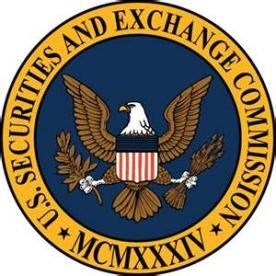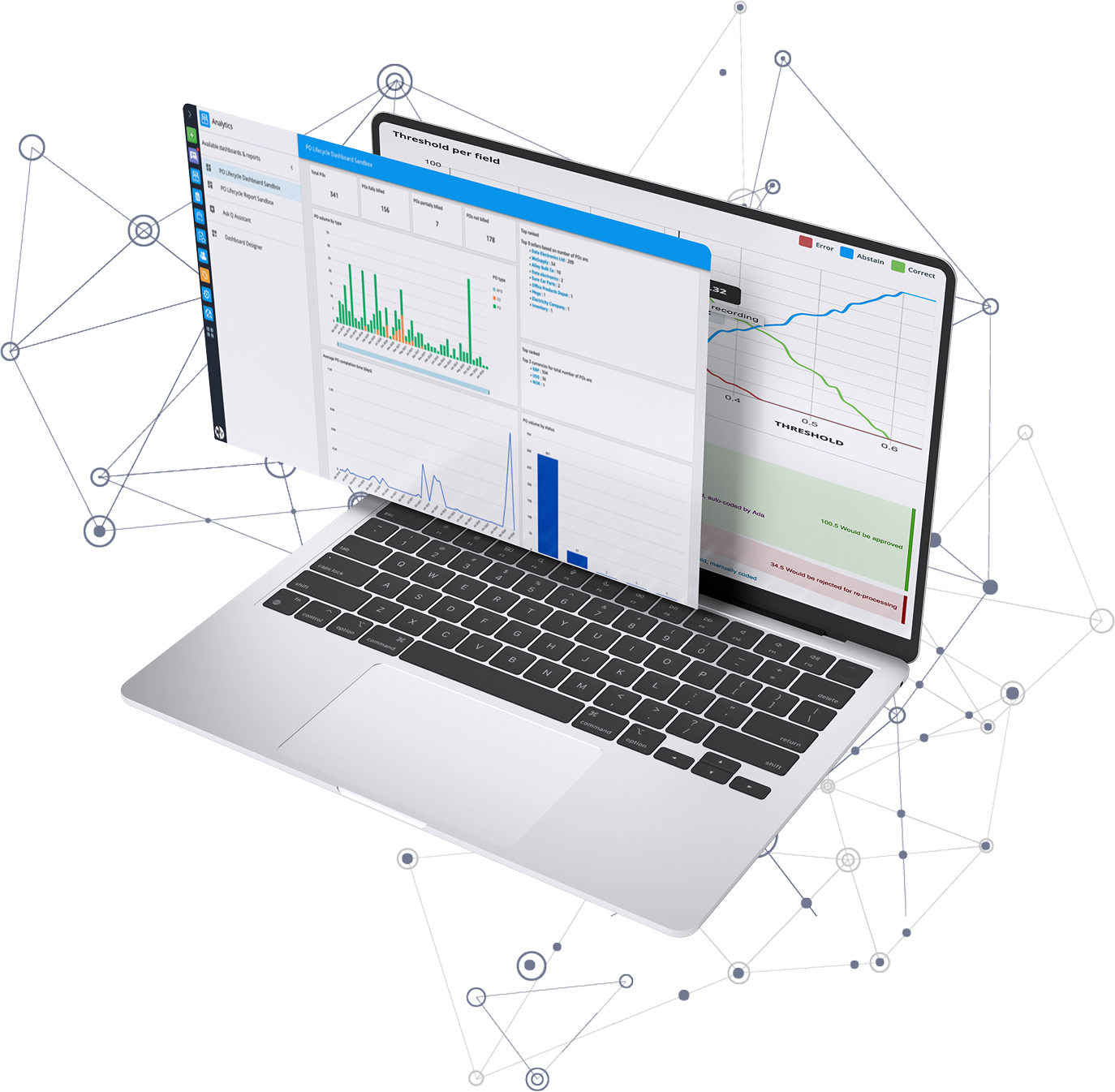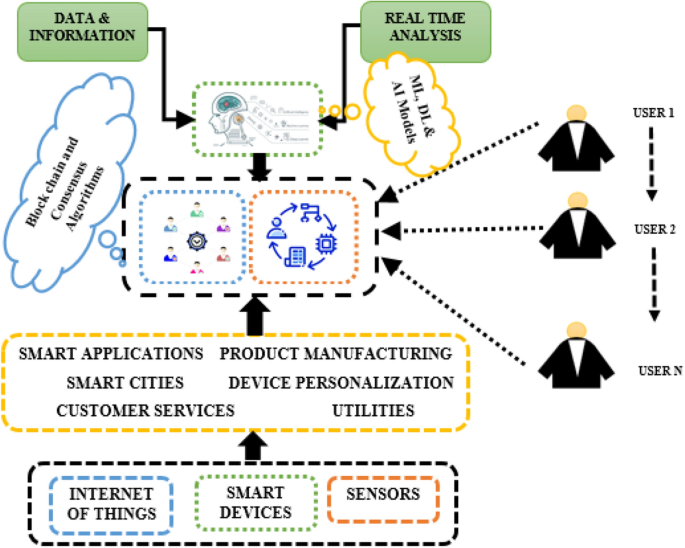Did you know that even robots need to follow the rules? In the world of automated day trading systems, legal considerations are paramount. This article dives into the essential legal rules governing these systems, including licensing requirements, regulatory impacts, and potential violations of securities laws. We’ll explore the legal risks associated with algorithmic trading, how SEC and FINRA regulations apply, and the necessary disclosures for automated platforms. Additionally, we’ll discuss the implications of market manipulation, data privacy regulations, and international legal differences. Join DayTradingBusiness as we unravel the complex web of legalities that every automated trader must navigate to ensure compliance and protect their investments.
What legal rules govern automated day trading systems?
Automated day trading systems must comply with securities laws, including registration requirements for brokers and trading platforms. They must follow rules from the SEC and FINRA, such as proper order handling, transparency, and fair trading practices. Using algorithms that manipulate markets or create false impressions is illegal. Traders need to ensure their systems avoid violations like wash trading or spoofing. Additionally, they must adhere to broker-dealer regulations if executing trades on behalf of clients. Proper risk disclosures and compliance with anti-fraud laws are essential.
Are there licensing requirements for using automated trading software?
Yes, licensing requirements depend on your jurisdiction. In the U.S., automated trading systems may need to be registered with the SEC or FINRA if they qualify as securities or trading platforms. Some brokers require approval or licensing for third-party trading software. Always check local financial regulations and your broker’s policies before deploying automated trading systems.
How does regulation impact automated day trading systems?
Regulation requires automated day trading systems to comply with rules on market manipulation, order execution, and reporting. Traders must register with authorities like the SEC or FINRA, follow rules on algorithm transparency, and adhere to restrictions on high-frequency trading. Violating regulations can lead to fines, bans, or legal action. Regulations also enforce safeguards to prevent unfair advantages and protect market stability.
Can automated trading systems violate securities laws?
Yes, automated trading systems can violate securities laws if they manipulate markets, engage in fraudulent practices, or violate regulations like order routing rules. Using algorithms that intentionally mislead or create false market activity is illegal. Traders must ensure their systems comply with regulations from the SEC, FINRA, and other authorities. Proper risk controls and transparent algorithms help avoid legal violations.
What are the legal risks of algorithmic trading?
Legal risks of algorithmic trading include market manipulation charges if algorithms are designed to manipulate prices, violations of trading regulations like the SEC rules, and potential liability for faulty algorithms causing market disruptions. Regulators may scrutinize high-frequency trading for unfair advantages or false disclosures. Traders must ensure algorithms comply with anti-manipulation laws, maintain proper risk controls, and stay updated on changing regulations to avoid fines, sanctions, or legal action.
How do SEC and FINRA regulations apply to automated trading?

SEC and FINRA regulations govern automated trading by requiring systems to ensure fair market practices, transparency, and risk management. Automated traders must register with the SEC if they qualify as broker-dealers, and follow rules on order execution and reporting. FINRA enforces rules on fair trading, proper system controls, and preventing manipulative practices like quote stuffing or spoofing. Both regulators demand robust compliance programs, real-time monitoring, and adherence to trading limits. Failing to meet these standards can lead to fines, sanctions, or bans from trading.
Is there legal liability for errors in automated trading systems?
Yes, there is legal liability for errors in automated trading systems. If a trading algorithm causes significant losses due to bugs, misconfigurations, or faulty data, the system's developer or user could be held legally responsible, especially if negligence or misrepresentation is proven. Regulations require proper testing, compliance with trading rules, and clear disclosures; failure to meet these can lead to legal penalties.
What disclosures are needed for automated trading platforms?
Automated trading platforms must disclose their algorithms' risks, limitations, and potential for losses. They need to clarify that past performance isn't indicative of future results, and specify any fees or commissions involved. Transparency about data sources, backtested results, and the platform's compliance with regulatory standards is essential. Users should be informed about how their data is handled and any automated decision-making processes.
Can automated trading systems be used in insider trading?
Using automated trading systems for insider trading is illegal. Laws prohibit any trading based on non-public, material information, regardless of whether a human or automated system executes it. Regulatory agencies like the SEC monitor for suspicious activity, and automated systems don’t exempt traders from insider trading laws.
How do compliance rules affect automated day trading strategies?

Compliance rules limit automated day trading by requiring adherence to regulations like pattern day trading rules, SEC rules, and broker-specific policies. They mandate maintaining minimum account balances, reporting trades accurately, and avoiding manipulative practices. Violating these rules can lead to account freezes, fines, or bans. Automated systems must include safeguards to ensure all trades follow legal standards, such as risk controls and compliance checks.
Learn about How Do Broker Compliance Rules Affect Day Trading Costs and Fees?
Are there restrictions on high-frequency trading algorithms?
Yes, there are restrictions on high-frequency trading algorithms. Regulators like the SEC and FINRA impose rules to prevent market manipulation, ensure fair trading, and require systems to pass specific testing and registration. High-frequency traders must comply with rules against quote stuffing, market abuse, and latency arbitrage. They are also subject to real-time monitoring to detect manipulative practices.
What legal considerations exist for backtesting automated trading models?
Legal considerations for backtesting automated trading models include ensuring compliance with securities laws, avoiding data misuse, and accurately representing past performance to prevent fraud claims. You must use reliable, authorized data sources and disclose the model’s limitations. Regulatory rules like the SEC’s Fair Disclosure and rules against market manipulation apply. Also, backtesting results shouldn't be misleading or exaggerated. Keep records of backtest data and assumptions in case of audits.
How does data privacy regulation impact automated trading systems?
Data privacy regulation limits the use of personal data in automated trading systems, requiring strict compliance with laws like GDPR or CCPA. It forces traders to implement secure data handling, anonymize customer info, and ensure transparency. Non-compliance risks legal penalties and damages reputation. Regulations might also restrict data sharing between platforms, impacting algorithm development and real-time trading decisions. Overall, data privacy laws add layers of legal oversight, pushing traders to prioritize secure, compliant data practices in automated day trading systems.
What are the legal implications of market manipulation via algorithms?

Market manipulation through algorithms is illegal and can lead to severe penalties, including fines, trading bans, and criminal charges. Regulators like the SEC and CFTC scrutinize algorithmic trading to prevent practices like spoofing, quote stuffing, and layering. Using algorithms to distort prices or create false market signals violates securities laws and can result in lawsuits or criminal prosecution. Traders must ensure their automated systems comply with all trading rules and avoid manipulative tactics to stay within legal boundaries.
How should traders ensure their automated systems meet legal standards?
Traders must ensure their automated systems comply with regulations like SEC rules or FINRA standards by thoroughly understanding legal requirements, maintaining proper documentation, and implementing robust risk controls. Regularly review updates to trading laws, test systems for transparency and fairness, and keep detailed logs of all trades. Consulting legal experts and using compliant trading platforms also helps ensure systems meet legal standards.
Are there international legal differences for automated trading?
Yes, international legal differences exist for automated trading; regulations vary by country regarding algorithm approval, market access, and reporting requirements. Some jurisdictions require registration or licensing for algorithmic traders, while others have strict rules on market manipulation and transparency. Compliance with local securities laws, data privacy regulations, and trading venue rules is essential when operating across borders.
Conclusion about What legal considerations are there for automated day trading systems?
In summary, navigating the legal landscape of automated day trading systems is essential for any trader looking to utilize algorithmic strategies. Understanding the regulations set forth by bodies like the SEC and FINRA, as well as ensuring compliance with licensing requirements and disclosures, is critical to avoiding legal pitfalls. Additionally, traders must remain vigilant about the risks of market manipulation and data privacy concerns. By staying informed and adhering to legal standards, traders can effectively leverage automated trading systems while minimizing potential liabilities. For comprehensive guidance on these legal considerations, DayTradingBusiness is here to help you navigate the complexities of automated trading.
Learn about Are There Legal Restrictions on Day Trading Stocks?
Sources:
- Legal and human rights issues of AI: Gaps, challenges and ...
- From decision optimization to satisficing: Regulation of automated ...
- Connecting the dots in trustworthy Artificial Intelligence: From AI ...
- An Exchange Is a Many-Splendored Thing: The Classification and ...
- Uncovering the dark side of AI-based decision-making: A case study ...
- Untitled